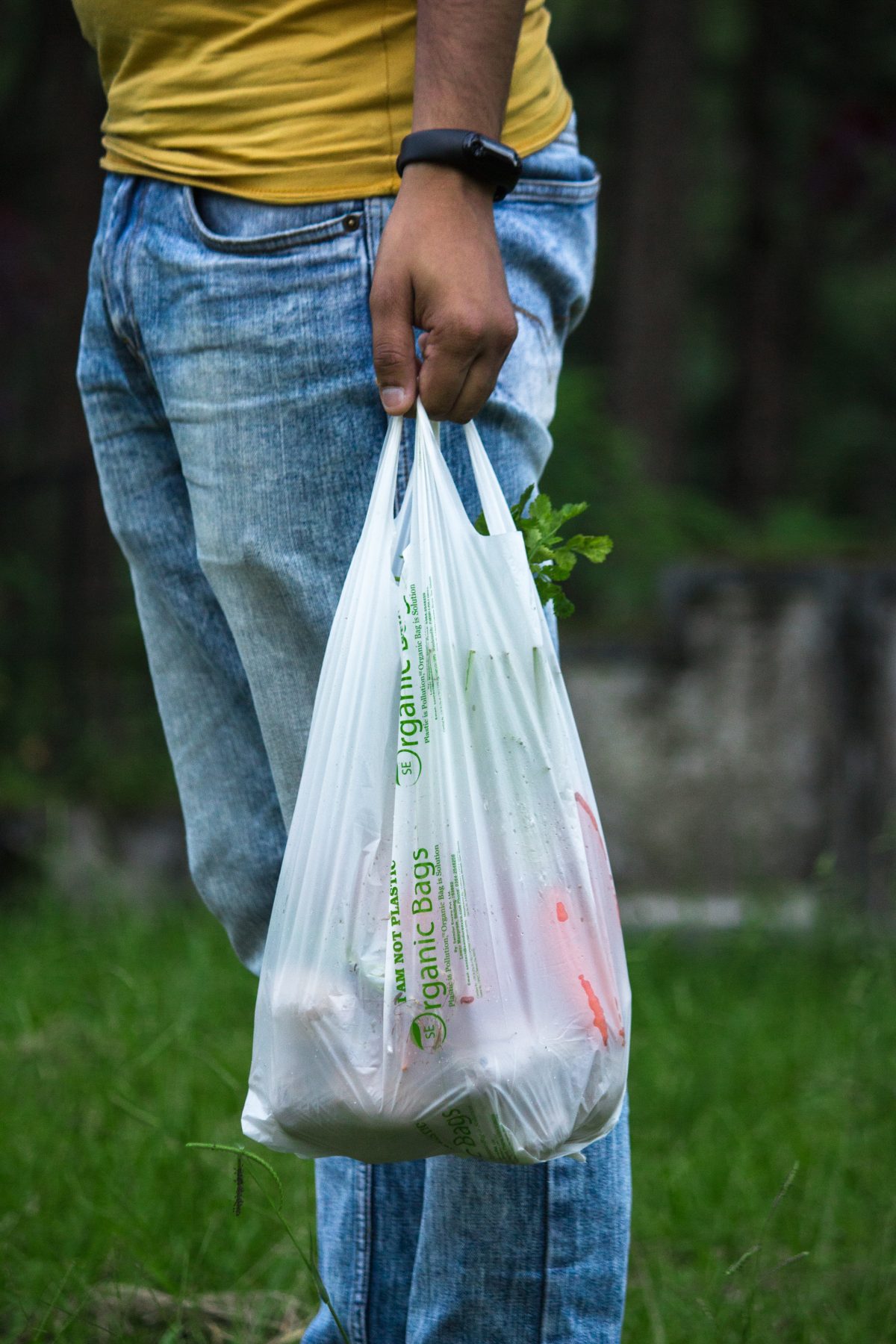Starting July 5th, customers will be required to bring their own reusable grocery bags when shopping at The Fresh Market. According to the company, this is to help them “move toward the elimination of single-use bags in our stores.”
“By choosing to bring your own bags, you’ll not only reduce waste but also contribute to a brighter future for years to come,” said the company.
Customers will be able to purchase plastic bags for five cents and paper bags for 20 cents. They have also reduced the price of their reusable bags to 99 cents each.
Whole Foods banned plastic bags at all of its stores in 2008. Kroger announced in 2018 that it would phase out plastic bags and transition to reusable bags at all of its stores by 2025.
In March, Sprouts Farmers Market announced plastic bags will be banned at all of its stores by the end of 2023, offering instead reusable plastic bags that can be used at least 125 times, the company said. Aldi announced last year that it would ban plastic bags at all of its stores by the end of 2023.
In 2019, Memphis City Council voted to reject an ordinance that would have banned plastic bags from being distributed to customers at checkout. On a state level, legislation was introduced in February of 2020 to stop grocery stores and other retailers from providing free paper and plastic bags. The bill was deferred to Summer Study.
As of February 2021, the National Conference of State Legislatures reported that currently eight states – California, Connecticut, Delaware, Hawaii, Maine, New York, Oregon and Vermont have banned single-use plastic bags.
“Reducing bag use can mitigate harmful impacts to oceans, rivers, lakes, forests and the wildlife that inhabit them,” said NCSL. “It can also relieve pressure on landfills and waste management.”
The Flyer reported that the Tennessee Department of Transportation (TDOT), Keep the Tennessee River Beautiful (KTRB), and other organizations launched a project that put out 18 Seabin skimmer devices to clean the water in the Tennessee River.
This project came shortly after researchers claimed that the river was “one of the most plastic-polluted rivers ever recorded in the world.” German scientist and endurance swimmer, Dr. Andreas Fath reported that the river “contained 16,000 cubic feet of micro-plastics per cubic meter of water.”
Hubert.com reported that not only does it take up 1,000 years for a plastic bag to decompose, but as it decomposes “it makes its way into our water systems — where fish and other sea life consume it, contaminating our food sources with micro-plastics.” The website also said that single-use plastic bags are “statistically one of the world’s leading pollutants.
